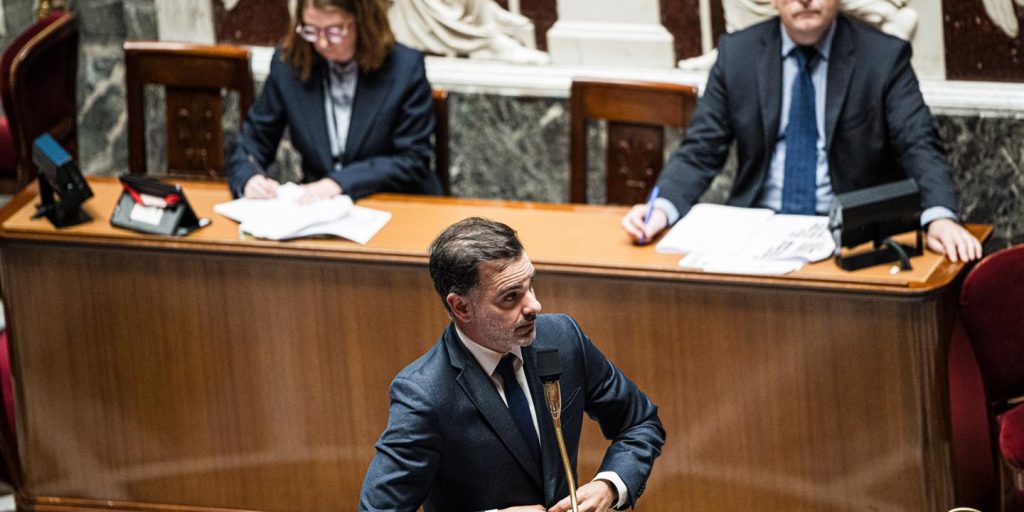The leftist party France Insoumise (LFI) and their allies have pushed for a tax on the “superprofits” of large companies in order to contribute to national solidarity. This tax is aimed at companies with revenues exceeding 750 million euros and is intended to target those who have profited excessively during the health and energy crises. The LFI deputies believe this tax could potentially bring in 15 billion euros in revenue. The amendment proposing this tax will face a new vote next week during the examination of the State budget for 2025 in the Parliament.
The definition of “superprofit” will be based on the profits exceeding 1.25 times the average annual profits made between 2017 and 2019, before the Covid crisis. The additional taxation will be calculated on these excess profits, with three tax rates of 20%, 25%, and 33%. The aim is to ensure that companies making significant profits, such as gas companies making over 10 billion euros in profits in the first half of the year, contribute to the collective effort. The proposal was met with criticism from some, such as the right-wing party Republicans (LR), who argued that such measures could force companies to leave the country.
In addition to the tax on “superprofits,” the Parliament’s finance committee also approved several measures aimed at reducing the research tax credit (CIR) for companies. This tax credit, introduced during François Hollande’s presidency and criticized for its cost relative to its effectiveness in supporting growth and employment, may see changes. Proposed amendments include transforming the credit into a tax reduction for large companies, eliminating the credit for financial and insurance companies, and narrowing the scope of activities eligible for the credit to focus on productive sectors.
Furthermore, the committee supported increases in local taxes, including the tax on second homes and the tax on building permits, with a focus on online commerce and giant warehouses. However, an exemption from property tax on agricultural land was also backed by the committee, going beyond the government’s initial proposal. With over 400 amendments still to be examined, discussions in the Parliament will continue concerning these tax measures and their potential impact on the economy and businesses.
Overall, the proposed tax on “superprofits” and the potential changes to the research tax credit reflect a push for more equitable taxation and a reallocation of financial resources to support national solidarity and economic growth. The debates in the Parliament underscore the disagreements among political parties regarding the best path forward in terms of taxation and fiscal policy. The outcomes of these discussions will have significant implications for the business environment and the French economy as a whole.


